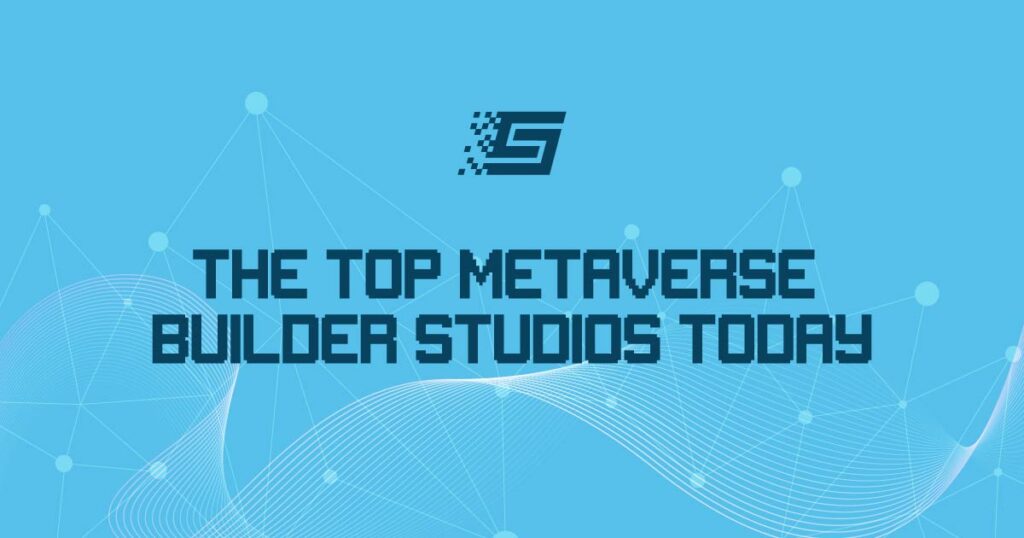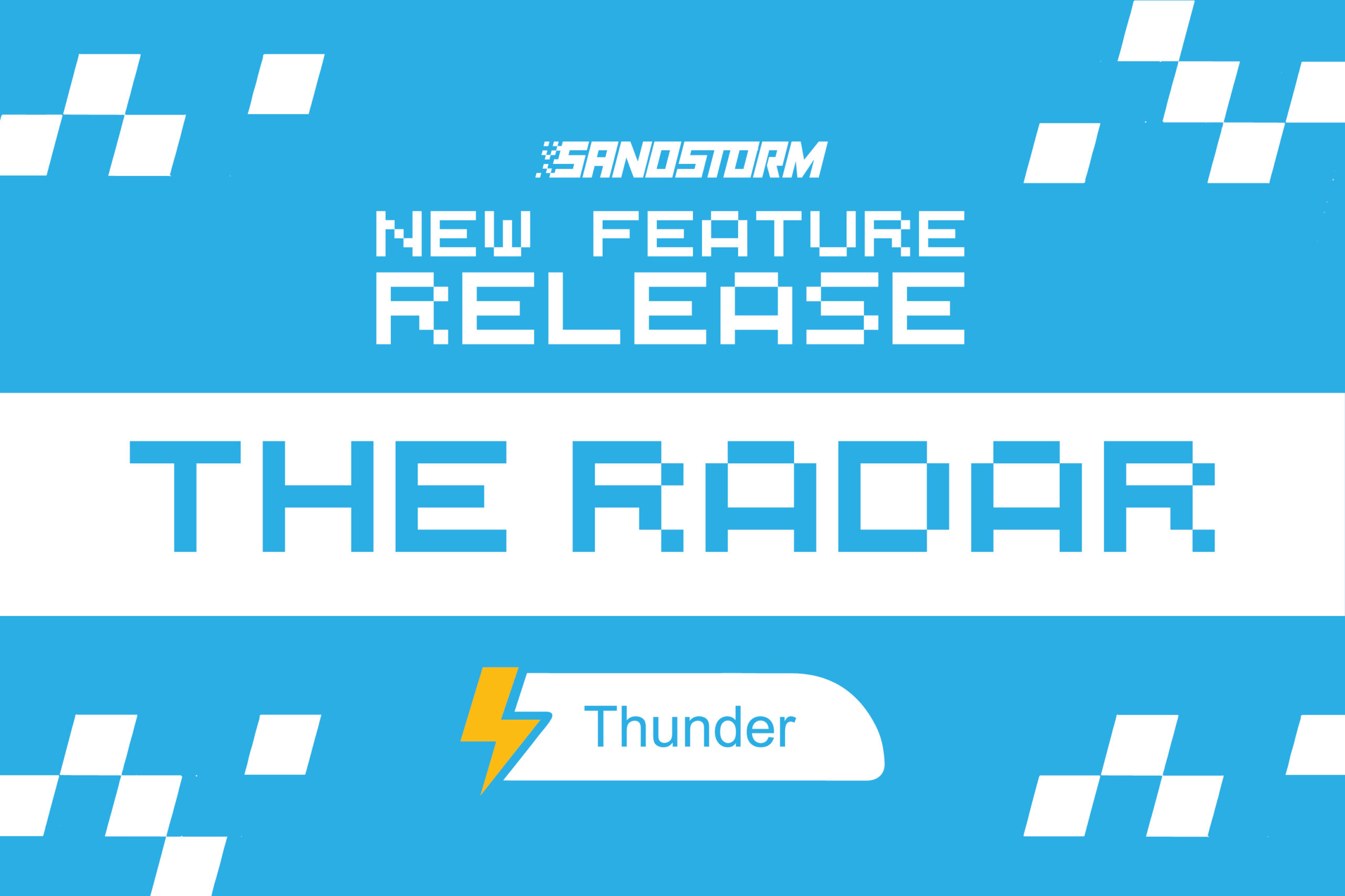The Top Open-Source Tools And Frameworks For Metaverse Development
If you would like to build applications or services in the metaverse, you don’t have to start from scratch. As it continues to gain a great deal of attention across a variety of sectors, a number of new tools and platforms are appearing that help coders develop the metaverse.
Here, we take a look at the top metaverse development tools and frameworks. Our examples also all happen to be open source — which makes them attractive for programmers who would like to avoid being locked into metaverse development tools of businesses or proprietary platforms.
While it is too early to say for sure which projects are more likely to dominate the open-source metaverse development scene, these tools and frameworks are strong contenders for becoming key resources for developers.
Webaverse
If you are a metaverse developer who likes open source, you will love Webaverse. Their stated mission is to “shift the power from a few large tech companies over to users and creators” within the context of metaverse development. Webaverse aims to accomplish that by offering an open-source, customizable “metaverse engine” that anybody can use as the foundation for building in the metaverse. You can host it wherever you like; the only requirement is that you have Node.js 17 or later available.
HyperCube
For metaverse developers that lean toward creating a decentralized metaverse platform rather than one that they host themselves, HyperCube is a project worth taking a look at. It is a blockchain whose use cases include powering the HyperVerse, an “extended-reality” environment that could be considered a form of metaverse. The project is not fully mature, but it merits consideration for programmers who want integration between metaverse apps and the blockchain ecosystem.
XREngine
XREngine is an ambitious project aiming to make metaverse development “as simple and natural as making a website.” To do that, the project bundles together various open-source tools for creating a metaverse development framework that provides resources for three-dimensional world creation, voice- and video-based communication, user management, and more. As of mid-2022, XREngine is possibly the most important open-source development framework to know.
JanusWeb
JanusWeb is an open-source, developer-friendly metaverse programming framework. The platform focuses on creating 3D environments that will run in web browsers, with rendering that is powered by Three.js or WebGL. JanusWeb focuses on 3D world creation. Its scope is more limited than that of XREngine, whose aim is to be a general-purpose metaverse platform for developers. If creating 3D worlds is your main aim, JanusWeb would be a good place to start.
WebXR Device API
Giving web apps access to hardware devices is vital for many metaverse development use cases. WebXR is designed to simplify that process by giving developers standardized APIs that they can use to access VR (virtual reality) and AR (augmented reality) hardware from within web apps.
Open Metaverse Interoperability Group
To stay up-to-date with metaverse-friendly APIs and other resources, follow the Open Metaverse Interoperability Group, whose aim is to collaborate on creating open standards to ensure that metaverse development is open and that metaverse services, apps, and platforms are easily integrated with one another.
Blender
Blender is an open-source 3D modeling platform that came into being long before anyone was talking about the metaverse. But it remains the open-source ecosystem’s go-to platform for creating and manipulating 3D visualizations, making it a key platform to know for developers working on 3D metaverse apps.


